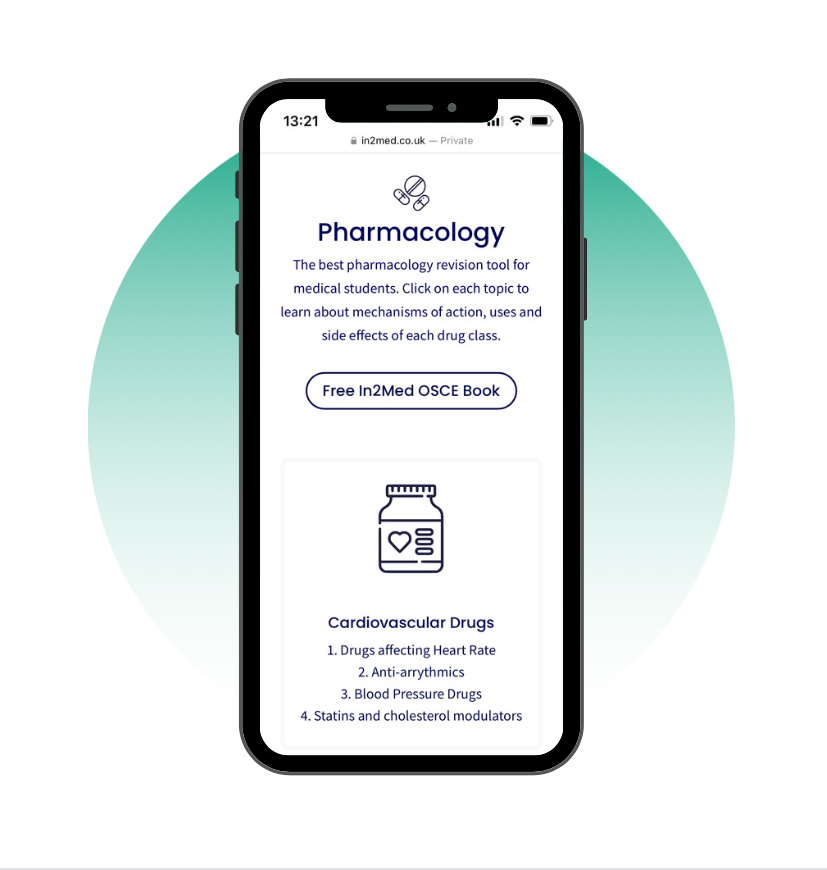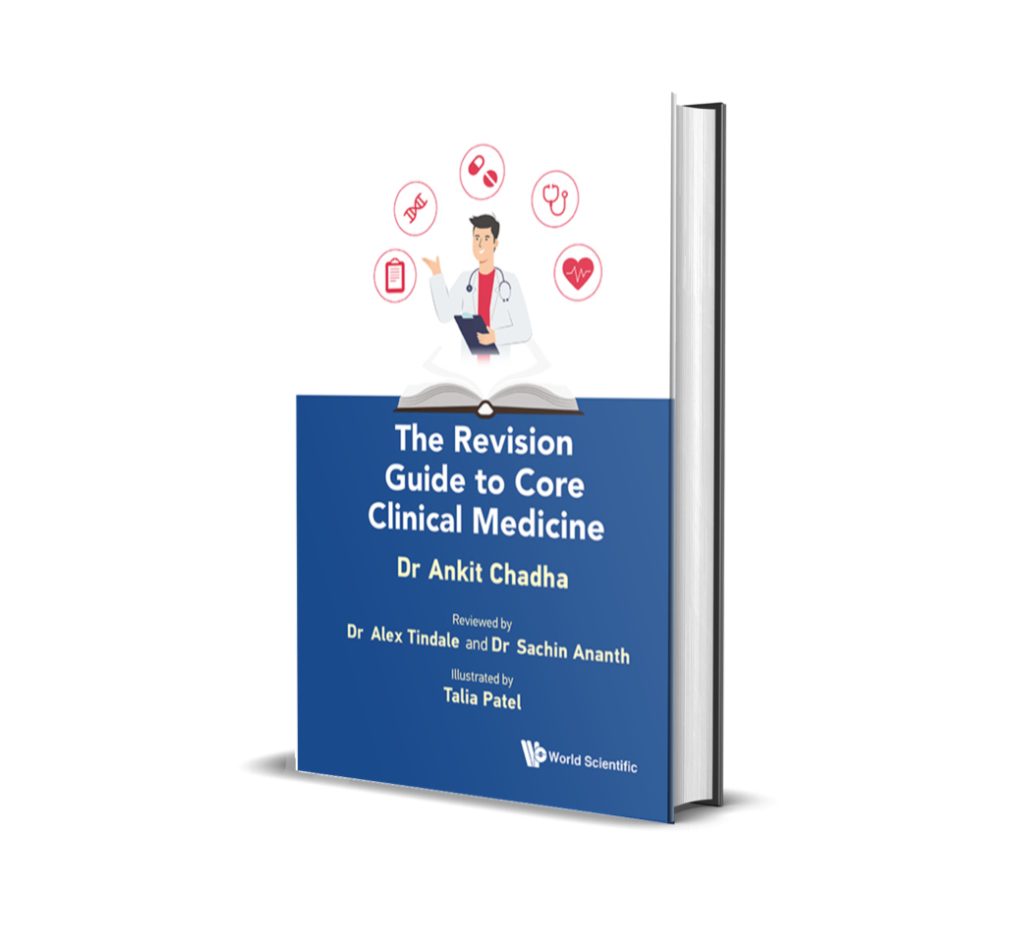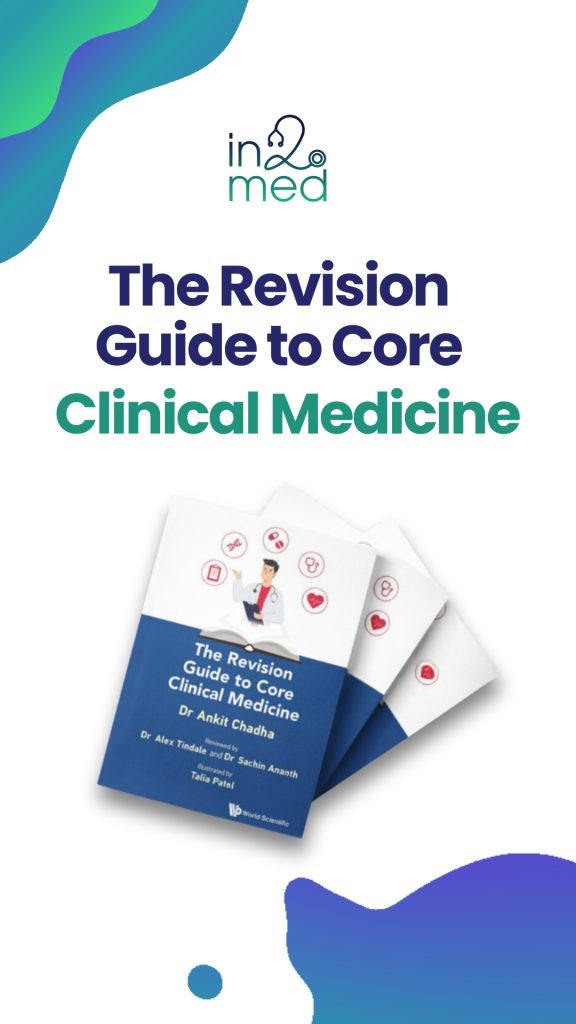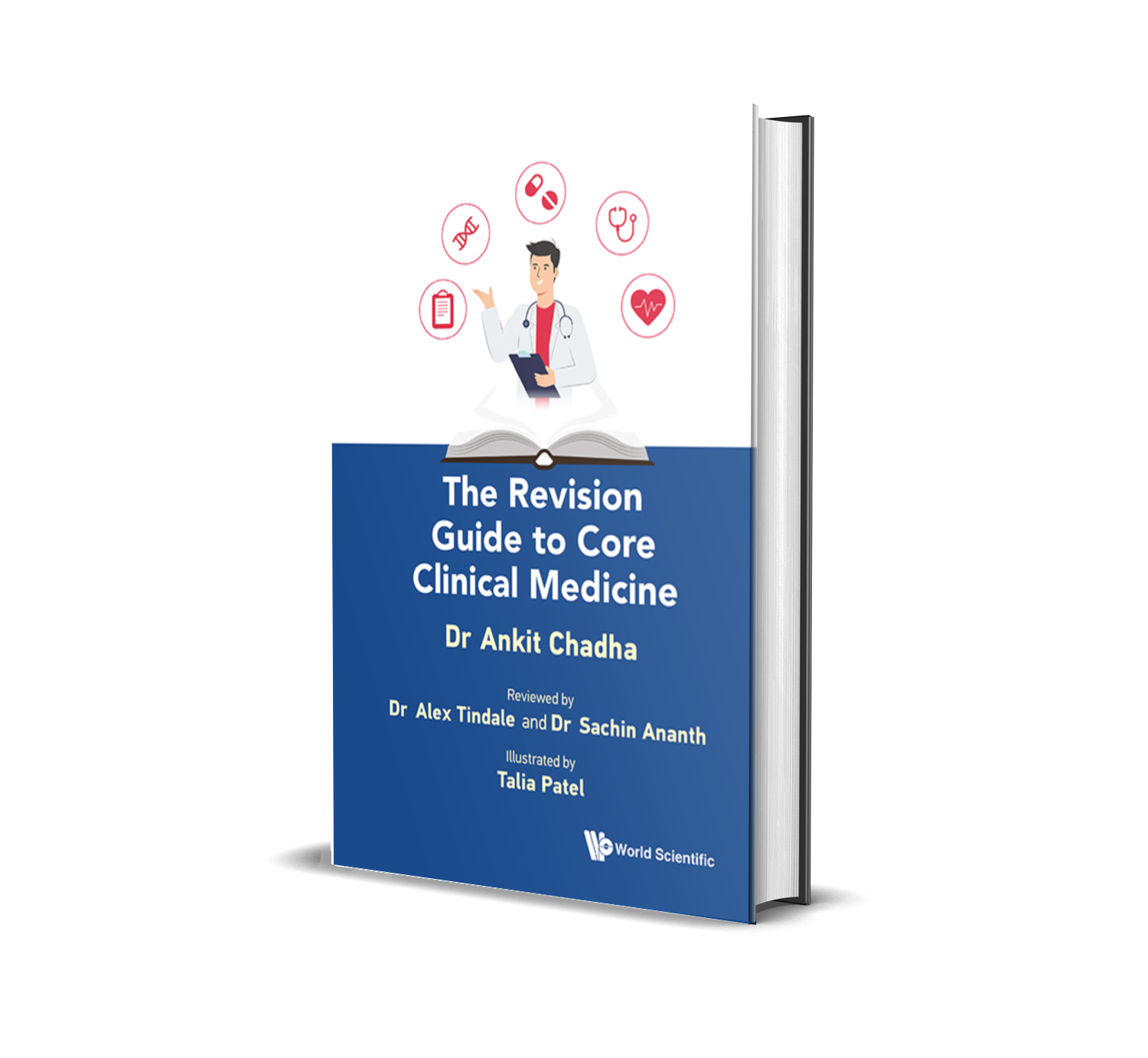Importance of pharmacology
Dear Friend,
You may notice that this week’s email is coming out on a Monday. The reason is that I was on-call over the weekend on the acute medical unit. This is a high turnover ward where patients are admitted to after ED. They may spend a couple of days here before being discharged or going to one of the other medical wards. Thankfully, I had a day off to recover, before it’s back to work tomorrow.
You may notice a theme throughout the newsletter this week – the photos, the MCQ at the beginning is all testing pharmacology knowledge. This week, I wanted to highlight just how important knowing your pharmacology inside out is. You’ll be surprised by the number of doctors who routinely prescrube drugs without an understanding of how they work. For example, Yes, the drug lowers blood pressure – but how does it do it? Similarly, as patient’s get older with more comorbidities, it is important to recognise that several drugs interact with each other and have side effects. Many of the presentations you’ll see in hospital may not actually be due to an organic pathology but side effect of a drug.
This weekend, I had the case of a 90 year old man who was admitted due to tremors and cramps. His calcium level was very low and magnesium levels were so low they were unrecognisable. He had no diarrhoea, no renal tubule disorders, was eating and drinking well – any idea what was causing this.
After a careful review of his drug chart, I realised he was on a PPI called omeprazole (see below). One of the rare side effects of this is low magnesium – and this indirectly leads to low calcium. This gentleman had been admitted for 3 days having Mg and Ca infusions making little difference. By stopping the omeprazole, the next day his electrolytes normalised and he was symptom free and he was discharged.
This case highlighted the importance of knowing your drugs and side effects inside out. It will save you and your patients a lot of time and trouble.

Where can you learn pharmacology
To make it easy for you, my book has all the necessary pharmacology knowledge you need to know as a foundation level doctor. Each chapter of my book has a pharmacology section, covering each drug class mechanism of action, indication and important side effects.
You can see a free sample of the cardiology chapter on Amazon which includes the pharmacology section. At your level you do not need to worry about learning dosages of medications, but interactions and side effects will serve you in great stead.
I hope you found that useful. I’m excited to say that next week’s mailing list will be written on holiday from Krakow, Poland. If anyone has any tips of where to visit, please do drop me an email.
Have a lovely week!
Drug of the week
Pantoprazole
These drugs inhibit the parietal cell H+/K+-ATPase proton pumps.
They help to reduce stomach acid and so are useful in the treatment of peptic ulcer disease and GORD.
They are often given prophylactically to patients to prevent them from developing ulcers, such as those on NSAIDs and steroids.
Improvements can take several days and their bioavailability is significantly decreased by food, so it is important to take them 1 hour before a meal.
Side effects include hyponatraemia, hypomagnesaemia and osteoporosis (increased risk of fractures)
They can also predispose to C. difficile infections.

A Brain Teaser
A 79-year-old man presents to his general practitioner complaining of recurrent falls. They tend to occur when he gets up from the couch or a chair, as he feels very dizzy and loses his balance. He never hit his head, and there is no loss of consciousness, tongue biting or loss of continence. He has a complex past medical history.
On examination, his lying blood pressure is 130/92 mmHg and his standing blood pressure is 100/60 mmHg. The doctor thinks one of the medications is causing his issue.
What medication is more likely to be the cause?
A: Atorvastatin
B: Doxazosin
C: Prednisolone
D: Spironolactone
E: Venlafaxine
Answers
The answer is B – Doxazosin
The correct answer is doxazosin . This patient is presenting with multiple falls accompanied by a sense of dizziness. His lying blood pressure is 130/92 mmHg and his standing blood pressure is 100/60 mmHg, indicating a postural drop of more than 20mmHg, defining postural hypotension. Amongst the medications presented here, doxazosin is the most likely to cause postural hypotension. This is an alpha-blocker often used to manage benign prostatic hyperplasia.
It works by blocking the alpha-1 adrenoreceptors in the prostate, leading to smooth muscle relaxation in the bladder neck and prostate, improving urine flow rate and reducing symptoms. Blocking the alpha receptors, prevents vasoconstriction in the blood vessels, leading to vasodilation and a consequent decrease in peripheral vascular resistance, leading to low blood pressure.
Atorvastatin is a statin used to control high cholesterol, which many elderly patients are taking. It can cause arthralgia, constipation, diarrhoea, dizziness or muscle pain, but it has not been connected to postural hypotension, as per BNF side-effects.
Prednisolone is a corticosteroid that has not been shown to cause postural hypotension. Commonly, it can cause Cushing’s syndrome, osteoporosis and hypertension.
Spironolactone is incorrect. This medication is an aldosterone antagonist used in the management of both heart failure and hypertension. It has not been associated with the development of postural hypotension.
Venlafaxine is a serotonin and noradrenaline reuptake inhibitor. It can be used to manage depression. Postural hypotension is an infrequent side effect indicated on the BNF for this medication, hence it is not the most likely cause.




